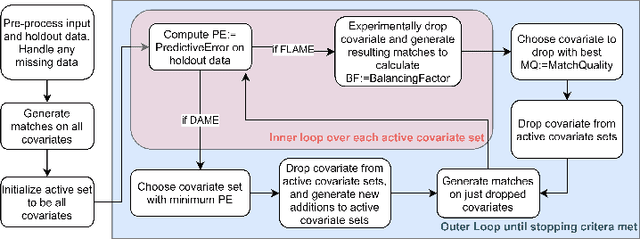Neha R. Gupta
Duke University
A Conceptual Framework for Ethical Evaluation of Machine Learning Systems
Aug 05, 2024Abstract:Research in Responsible AI has developed a range of principles and practices to ensure that machine learning systems are used in a manner that is ethical and aligned with human values. However, a critical yet often neglected aspect of ethical ML is the ethical implications that appear when designing evaluations of ML systems. For instance, teams may have to balance a trade-off between highly informative tests to ensure downstream product safety, with potential fairness harms inherent to the implemented testing procedures. We conceptualize ethics-related concerns in standard ML evaluation techniques. Specifically, we present a utility framework, characterizing the key trade-off in ethical evaluation as balancing information gain against potential ethical harms. The framework is then a tool for characterizing challenges teams face, and systematically disentangling competing considerations that teams seek to balance. Differentiating between different types of issues encountered in evaluation allows us to highlight best practices from analogous domains, such as clinical trials and automotive crash testing, which navigate these issues in ways that can offer inspiration to improve evaluation processes in ML. Our analysis underscores the critical need for development teams to deliberately assess and manage ethical complexities that arise during the evaluation of ML systems, and for the industry to move towards designing institutional policies to support ethical evaluations.
dame-flame: A Python Library Providing Fast Interpretable Matching for Causal Inference
Jan 14, 2021

Abstract:dame-flame is a Python package for performing matching for observational causal inference on datasets containing discrete covariates. This package implements the Dynamic Almost Matching Exactly (DAME) and Fast Large-Scale Almost Matching Exactly (FLAME) algorithms, which match treatment and control units on subsets of the covariates. The resulting matched groups are interpretable, because the matches are made on covariates (rather than, for instance, propensity scores), and high-quality, because machine learning is used to determine which covariates are important to match on. DAME solves an optimization problem that matches units on as many covariates as possible, prioritizing matches on important covariates. FLAME approximates the solution found by DAME via a much faster backward feature selection procedure. The package provides several adjustable parameters to adapt the algorithms to specific applications, and can calculate treatment effects after matching. Descriptions of these parameters, details on estimating treatment effects, and further examples, can be found in the documentation at https://almost-matching-exactly.github.io/DAME-FLAME-Python-Package/
 Add to Chrome
Add to Chrome Add to Firefox
Add to Firefox Add to Edge
Add to Edge